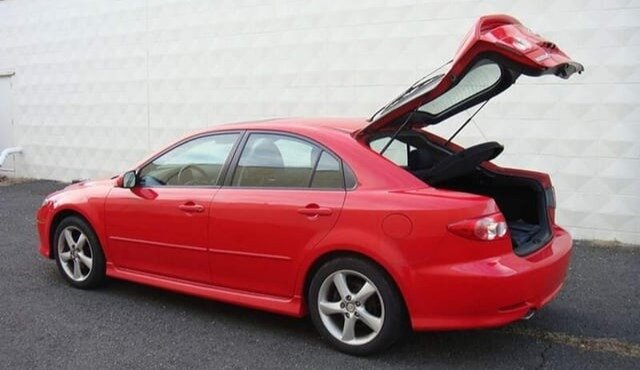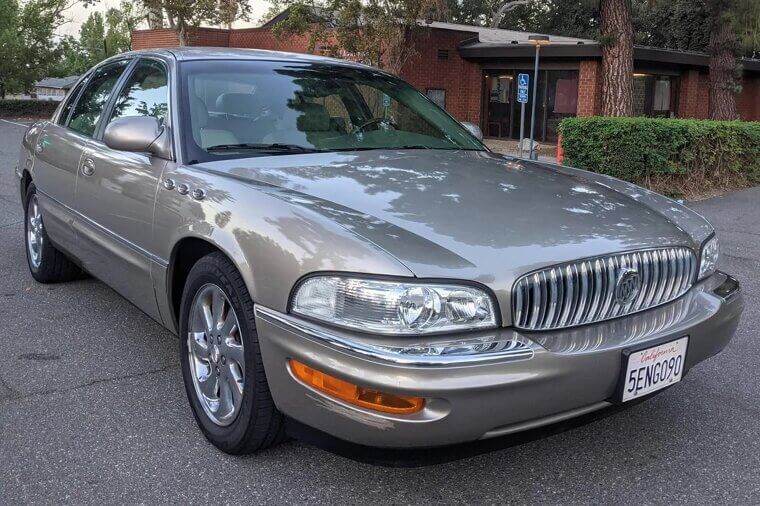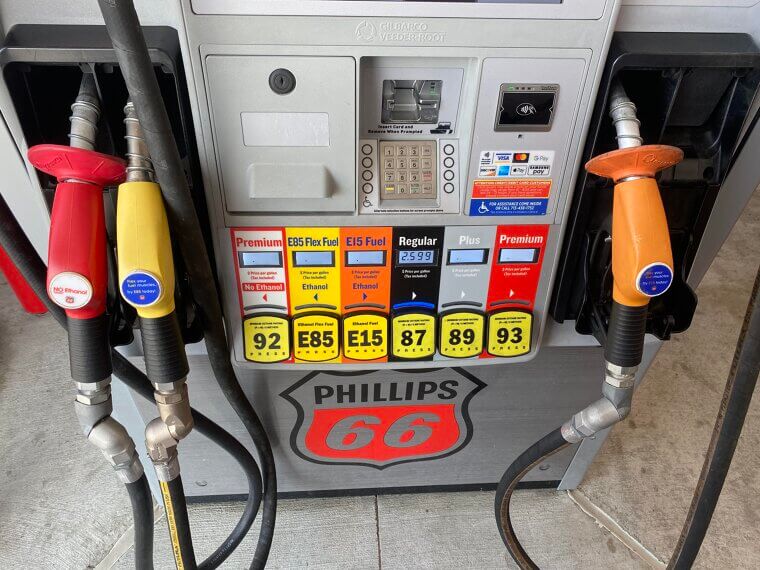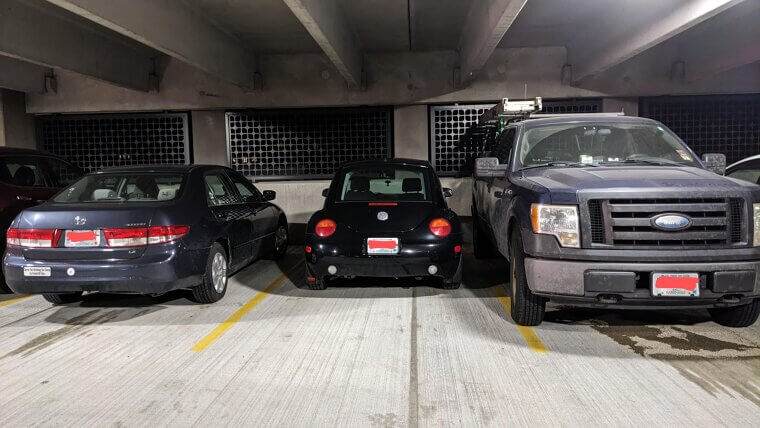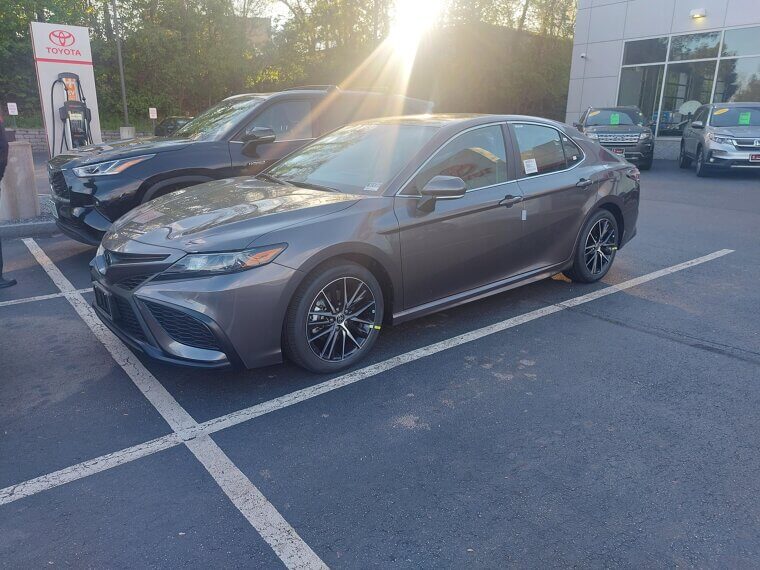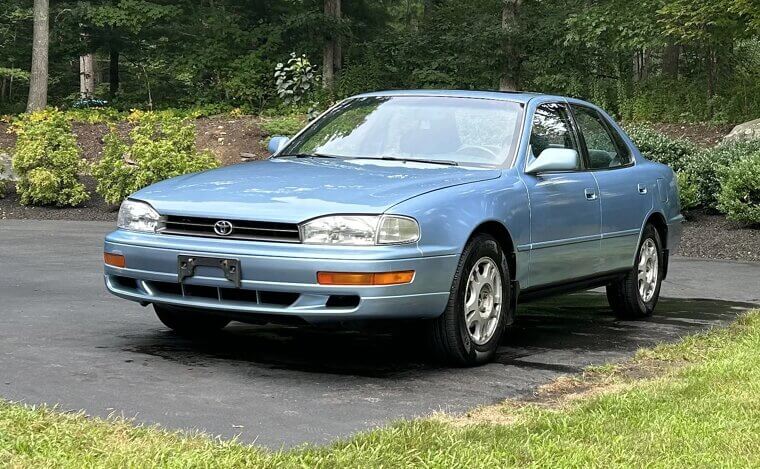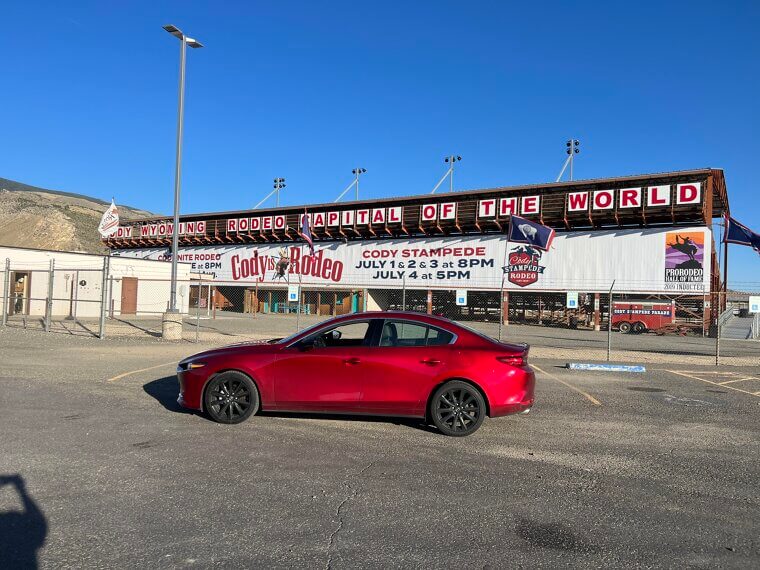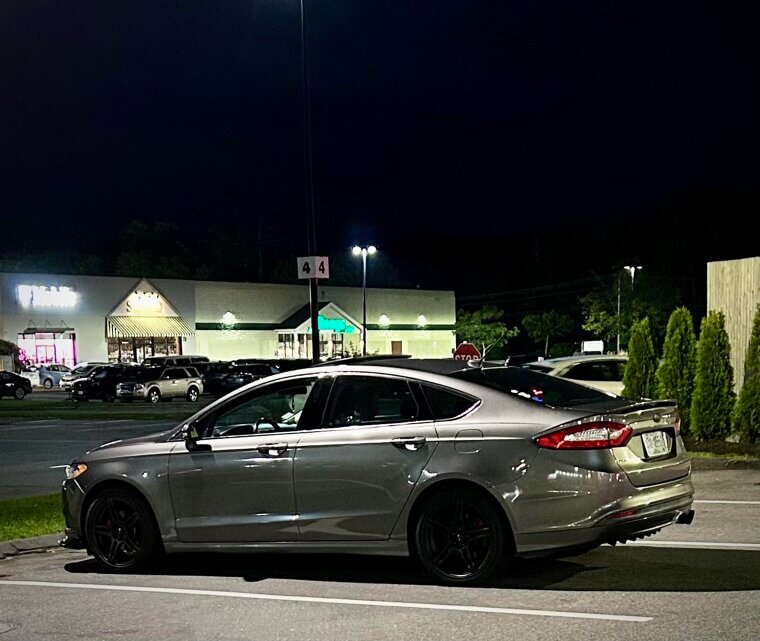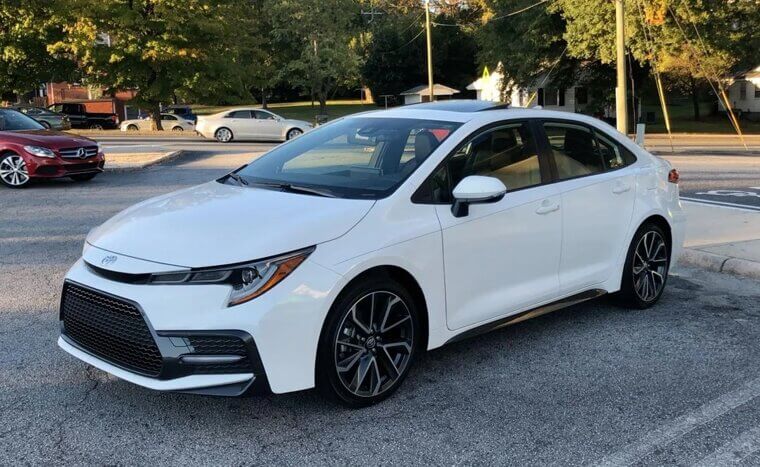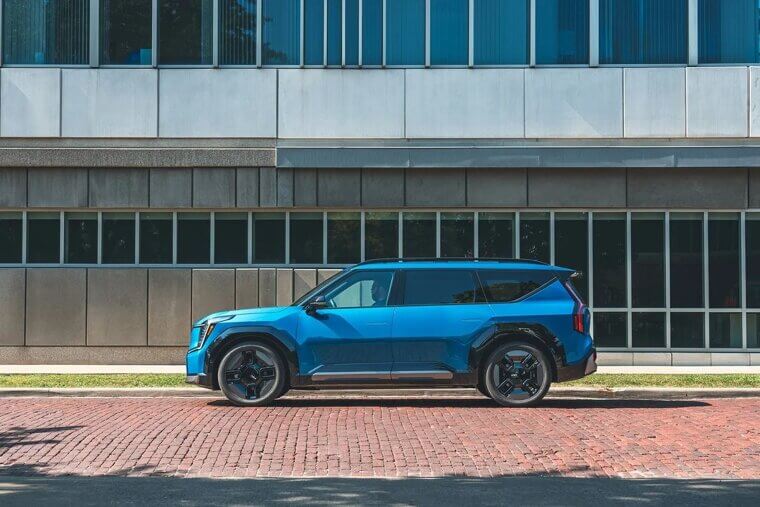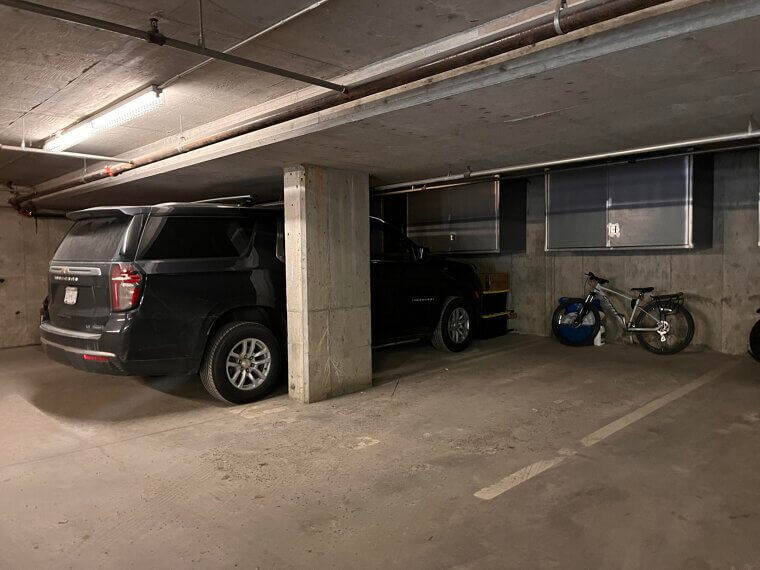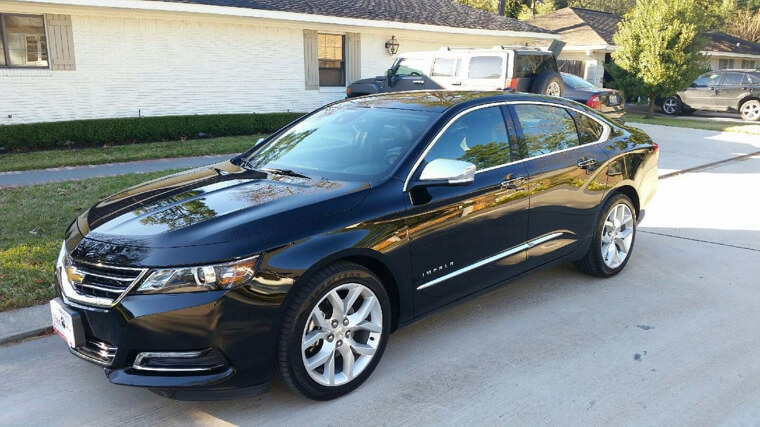Sedans Are Going Extinct
Vehicle manufacturers are increasingly phasing out production of sedans in favor of larger, more profitable SUVs and trucks. While from a business standpoint, this may make logical sense, it has left a gap in the market, leaving many drivers frustrated. Here are 11 reasons why the disappearance of sedans has caused widespread disappointment.
Sedans Are More Affordable
For families and commuters alike, sedans have been a staple in the market due to their affordability and reliability. They are budget-friendly and cost less than SUVs and trucks. However, as automakers have begun to shift their focus, many drivers have lost access to practical mid-range transportation.
Better Fuel Economy
In comparison to SUVs, most sedans offer significantly better fuel economy, saving drivers a substantial amount of money on fuel costs. As gas prices increase, the death of the sedan limits the eco-conscious and low-cost options that drivers are familiar with.
Easier to Drive and Park
Sedans are lower to the ground and generally more comfortable than SUVs and trucks. This makes them easier to handle and maneuver on the road. And when it comes to tight parking situations, this allows them to narrowly navigate into position.
Lower Insurance Costs
Sedans will often come with lower insurance pricing as they are cheaper to repair and generally have better safety statistics. As SUVs and trucks begin to dominate the market, many drivers are noticing that insurance rates are surging, with fewer lower-cost alternatives available. This particularly impacts first-time buyers and younger drivers.
Timeless Style and Comfort
Although the market is trying to phase them out, sedans have a timeless sense of sleek style in comparison to bulkier trucks and larger vehicles. Not only are their proportions more aesthetically pleasing, but they are also more enjoyable to drive on the road, offering a smoother ride with greater control behind the wheel.
Ideal for Long Commutes
Sedans have been tried and tested for being ideal for longer commutes and road trips. They are fuel-efficient, comfortable, and offer a quiet ride. Sedans are known to sit lower to the ground, which reduces wind noise and offers a more relaxed driving experience.
Legacy Models Are Being Abandoned
Unfortunately, many of the famous nameplates drivers know and love are being phased out. From the Ford Fusion to the Toyota Camry and the Honda Accord, models like these are being downsized in production. Many drivers have a sentimental attachment to these vehicles, and their nostalgia and brand loyalty over the years have left them feeling betrayed.
Lack of Entry-Level Choices
Sedans have always played a key role in the market as the affordable option that delivers comfort and easy driveability. From first-time buyers to young professionals or retirees, sedans have been there to accommodate that middle of the market space. As sedans begin to disappear from the market, buyers are being pushed towards either financing more expensive alternatives or purchasing second-hand vehicles.
EV Transition Overlooking Sedans
Unfortunately, many electric vehicles are only debuting as crossovers or trucks, completely skipping over sedan models altogether. Choices are limited for those who are looking for an electric vehicle in the classic sedan configuration. This is extremely frustrating for drivers who do not want to sacrifice driving dynamics, efficiency, and pricing for sustainability alone.
SUVs Don’t Fit Every Lifestyle
Automakers are focused on bigger, meaning better, when that isn’t always the case. For singles, small families, or those living in urban areas, sedans have always played the part perfectly. This has left many drivers with oversized, overpriced vehicles that they neither need nor can afford.
Emotionally Disconnected Market
For many years, sedans were known as a rite of passage for young drivers. A first car, a family heirloom, or a cherished high school memory. Eliminating the sedan in favor of cookie-cutter SUVs has stripped the market of any sentimental value, leaving drivers feeling disconnected from modern car culture.

